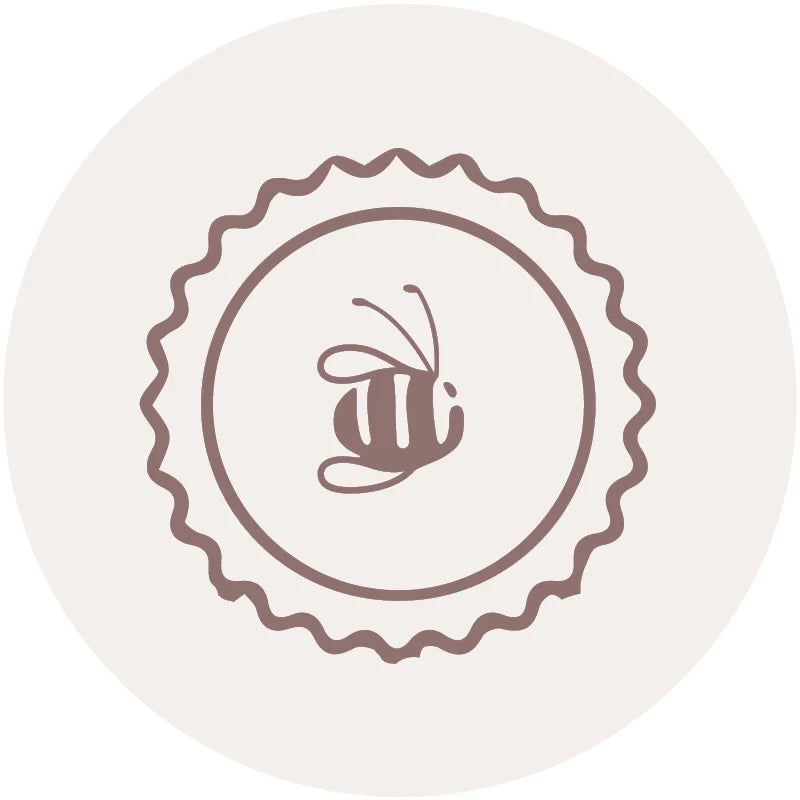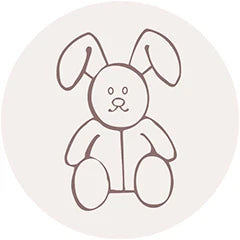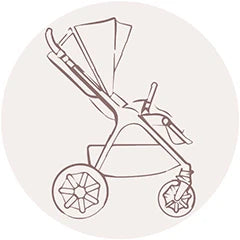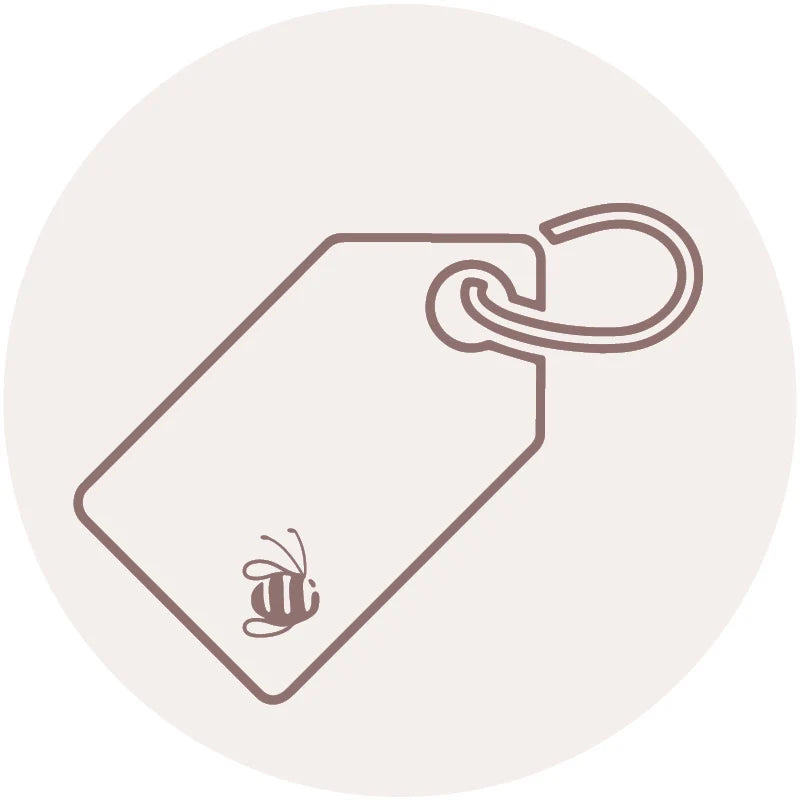Silicone Baby Drinking Cup
Silicone Baby Drinking Cup
SKU:BHK116-C
Low stock
Couldn't load pickup availability
Overview
Overview
Help your little one transition from bottle to cup with Haakaa's Silicone Baby Drinking Cup! It's the perfect choice for babies learning to drink independently.
Standard cups can be a bit heavy and difficult for little hands to hold. Made of soft 100% food grade silicone, this Baby Drinking Cup is lightweight and drop proof so there's no worrying about breakages. It features easy-grip handles and a sturdy base to help prevent the cup from tipping over!
What really makes our cup unique is the cutout on the rim that gives room for your baby's nose. This allows them to drink without tipping their head back, helping to minimize the risk of choking and making our Baby Drinking Cup the easier, safer choice for your little one!
Key Features
Key Features
User Guide
User Guide
Delivery and Returns
Delivery and Returns
- Delivery: Free within NZ on orders over $100 (excluding bulky items) or $8 standard shipping
- Returns: Accepted within 14 days of receipt with proof of purchase
- Some items are excluded from returns including sale items, hardware, car seats, prams, monitors and personal items - please click here for the full list.
Share this product
Recently Viewed Products
Related Blogs
Keeping Winter Bugs Away from your Baby
Keeping your baby well and cosy this winter Winter can be a challenging time when you have a little one, especially if they’re brand new. 🐣 Alongside keeping baby warm and dry, you’re also up against colds, flu, and other winter bugs that seem to be everywhere. Because babies’ immune systems are still developing, they’re more vulnerable to infections. Their tiny nasal passages and lungs also mean illnesses like colds and flu can affect them more than adults. But don’t worry—there are plenty of ways to reduce their risk and help them recover quickly if they do catch something. Stay warm, stay comfy While “catching a chill” won’t cause a cold or flu, keeping your baby warm and dry helps their body focus on fighting off germs instead of battling the cold. Dress your baby in one extra layer than you’re wearing, and choose clothes that are easy to add or remove as they warm up or cool down. Keep your home temperature steady around 18 - 20°C for cosy comfort. Merino wool is a winter hero for babywear and bedding. Its natural temperature regulating properties keep babies warm without overheating, making it ideal for layering under pyjamas and sleepwear. Fuel their immune system Good nutrition is vital to support your baby’s developing immune system. Once they’ve started solids, offer a colourful variety of fruits and vegetables rich in vitamins and antioxidants. Frozen produce can be just as nutritious as fresh, especially during winter when fresh foods may have been stored for long periods. Avoid refined sugars and processed foods, which can impair immunity. When possible, prepare baby’s food from scratch to keep nutrient levels high. While supplements aren’t usually necessary for babies, some parents choose to use vitamin drops - just make sure these are used as a boost to a healthy diet and given in the correct amounts. Keeping germs at bay Reducing exposure to germs is one of the best ways to keep your baby healthy during winter. Handwashing is the frontline defence. Wash your hands thoroughly and frequently, especially after being in public places, changing nappies, or before feeding your baby. Teach older siblings to wash their hands immediately after coming home, and encourage good hygiene habits like coughing or sneezing into their elbows instead of their hands. If your baby is old enough to explore, regularly clean their hands as well, since babies often put toys and fingers in their mouths. When out and about, keeping your baby’s pram covered can help shield them from strangers’ coughs and sneezes or accidental touching. Regularly clean toys and surfaces baby frequently touches at home to limit germs. Avoid close contact with anyone who is unwell, and try to limit your baby’s time in crowded places during peak cold and flu season. If you’re still breastfeeding, it’s especially important to keep germs away - breastmilk passes vital antibodies that help protect your baby from many illnesses. This natural immunity boost makes hygiene and reducing exposure even more crucial. Hydration is key Breastfeeding also helps keep your baby hydrated and supported through winter. Regardless of feeding method, ensure your baby drinks enough breastmilk, formula, or water (if old enough) to prevent dry nasal passages and reduce infection risk, especially if you’re using heaters or air conditioning, which can dry the air. When sniffles strike Even with your best efforts, babies can still catch colds. If your baby starts showing signs of a runny nose or congestion, gentle relief can make a big difference. Nasal decongesters designed specifically for infants safely clear blocked noses, making it easier for them to breathe and sleep. Using a few drops of saline beforehand can help loosen mucus for easier removal. A chest rub can be especially helpful for sleep. Raising the head of their cot slightly and running a humidifier in their room can soothe irritated airways. While some parents like using eucalyptus rubs or essential oils, it’s best to apply these to bedding or sleepwear rather than directly on baby’s skin to avoid irritation. Having these supplies ready before cold season hits means you’re prepared to help your little one feel comfortable and recover quickly. Ready for a cosy, healthy winter? Our collection of beautiful merino babywear and bedding is designed to keep your baby naturally warm and comfortable all winter long. With merino’s breathable and temperature-regulating properties, you can feel confident your baby is snug without overheating. Shop the range here.
Learn moreUnderstanding The Psychology Of Potty Training Toddlers
Potty training isn’t just about learning a new skill - it’s a big emotional and developmental milestone. Understanding what’s happening in your child’s mind can transform the experience from a power struggle into a confidence-building journey.
Learn moreTop 10 Gift Ideas for New Parents
Need a gift for new parents (and their little one)? Unless you’re in the thick of newborn life yourself, it’s not always obvious what will actually be helpful. If they have a registry, great. But if not, that’s where we come in, with thoughtful gift inspiration to help you show up in a meaningful way during this beautiful but often overwhelming season.
Learn moreHow to Choose a Cot Mattress
It’s fun to think about decorating the nursery and choosing cute outfits for your little one to come. But what about the mattress? Choosing a cot mattress is a big deal (especially when they can spend up to 16 hours a day sleeping), but it’s so often overlooked when planning the nursery.
Learn more








